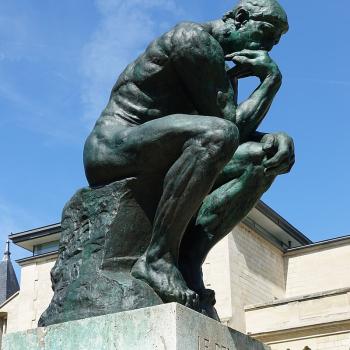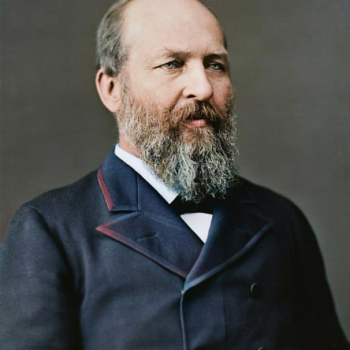Lewis then asked, if no new system of value judgment aside from natural law can be developed, does that mean "no progress in our perceptions of value can ever take place? That we are bound down for ever to an unchanging code given once and for all? . . . If we lump together, as I have done, the traditional moralities of East and West, the Christian, the Pagan, and the Jew, shall we not find many contradictions and some absurdities?" His simple response: "I admit all this. Some criticism, some removal of contradictions, even some real developments, is required. . . . But the Nietzschean ethic can be accepted only if we are ready to scrap traditional morals as a mere error and then to put ourselves in a position where we can find no ground for any value judgements at all. . . . From within the Tao itself comes the only authority to modify the Tao" (The Abolition of Man, p. 50).
Liberty and Equality
As a proponent of natural law, Lewis was a supporter of the "law of equal liberty" but a firm critic of imposed egalitarianism for any reason. He further understood that egalitarianism is too often a cloak for envy (the sin of coveting) and that such appeals for regimentation are tyrannical:
The demand for equality has two sources; one of them is among the noblest, the other is the basest of human emotions. The noble source is the desire for fair play. But the other source is the hatred of superiority. . . . Equality (outside mathematics) is a purely social conception. It applies to man as a political and economic animal. It has no place in the world of the mind. Beauty is not democratic; she reveals herself more to the few than to the many, more to the persistent and disciplined seekers than to the many, more to the persistent and disciplined seekers than to the careless. Virtue is not democratic; she is achieved by those who pursue her more hotly than most men. Truth is not democratic; she demands special talents and special industry in those to whom she gives her favours. Political democracy is doomed if it tries to extend its demand for equality into these higher spheres. Ethical, intellectual, or aesthetic democracy is death. A truly democratic education -- one which will preserve democracy -- must be, in its own field, ruthlessly aristocratic, shamelessly "high-brow" (Present Concerns, p. 34).
Lewis also recognized innate individual human differentiation and how each individual soul's uniqueness is divinely ordained: "It is idle to say that men are of equal value. If value is taken in a worldly sense -- if we mean that all men are equally useful or beautiful or good or entertaining -- then this is nonsense. . . . If there is equality, it is in His love, not in us. . . . In this way then, the Christian life defends the single personality from the collective, not by isolating him but by giving him the status of an organ in the mystical Body" (The Weight of Glory and Other Essays, pp. 170-71).
In an earlier paper (Economic Science and the Poverty of Naturalism: C. S. Lewis's "Argument from Reason"), I discussed Lewis's rejection of the determinism of both genetic and environmental causality for mankind. In the so-called modernist perspective, man is not viewed as a moral agent but as an entity that is conditioned solely by nonrational causes, and all that counts is not "What is just?" but the utilitarian "What works?" If man has free will and is considered accountable for his actions, there are limits on the state's power. But if individuals act out of necessity, they are not moral agents. In the place of punishment for "wrong" doing, preemption becomes the means of social control. As championed by authoritarians of both left and right, the state simply eliminates the individual's choice or, more exactly, makes the choice for him or her. And this elimination is the basis for the "progressive" precautionary principle and government measures of "prior restraint" based on it. Lewis discussed this problem at length in The Abolition of Man as well as in various essays, including "The Humanitarian Theory of Punishment."
Collectivism and Statism
Lewis consequently drew a clear distinction between the reality of the importance for individual liberty and the tendencies to fall prey to the absurdities and dangers of collectivism:




